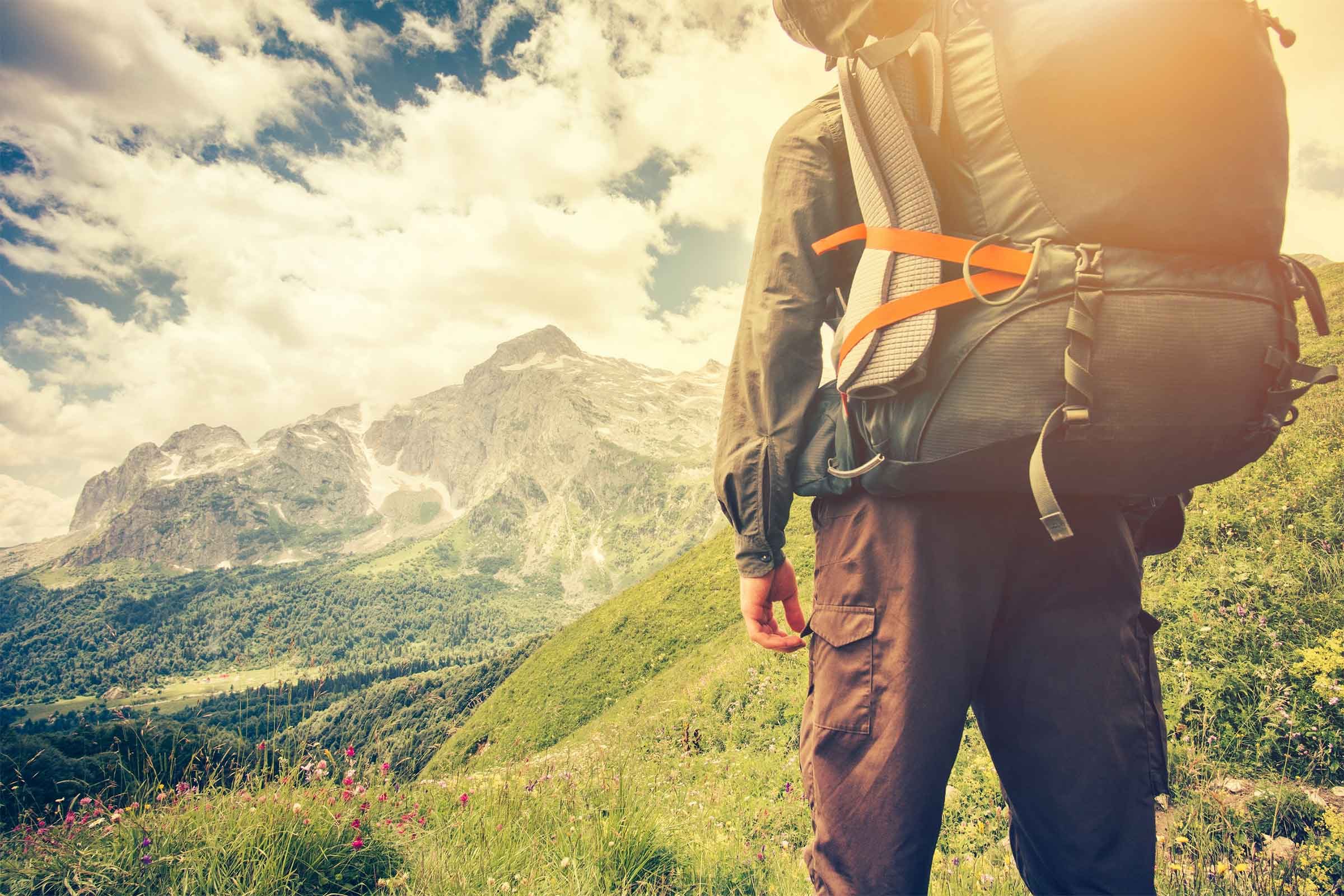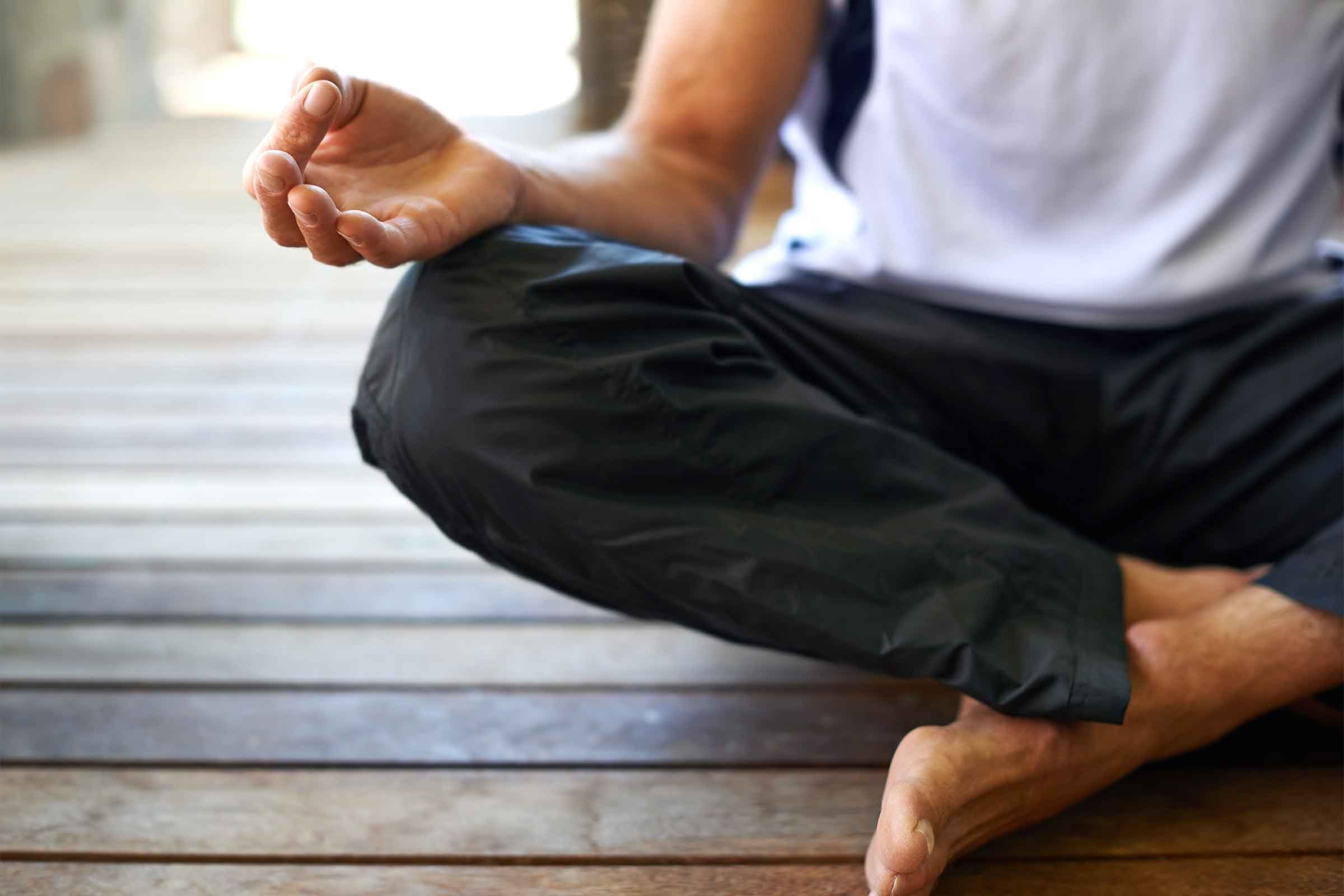
Read a classic novel
Turns out, a good book not only bolsters your brain, but can even inspire you to act more kindly. One study by Washington and Lee University psychologist Dan Johnson found a correlation between reading fiction and engaging in pro-social behavior. Moderators had participants read a short story (written specifically for the study and crafted to elicit compassionate feelings for its characters) and measure the degree to which they felt immersed in the piece. Once the paperwork was complete, the experiments would drop six pens in front of the participant. Johnson found that the more a subject was transported into the story he or she read, the more likely they were to help pick up the pens. (What is an empath? Find out more about this personality type.)

Get out into nature
That feeling of awe when you reach the top of a mountain and realize how small you are? It strengthens your tendency toward kindness. One University of California, Irvine, study found that after being placed in a forest of eucalyptus trees, “people felt smaller, less self-important, and behaved in a more pro-social fashion,” wrote researcher Paul Piff, PhD, who worked on the study. The researcher concluded that feelings of awe, like those inspired by nature—or even something more simple, like looking at a photo of Earth from space—can increase empathy. These are 10 signs you have incredible empathy.

Read the news differently
In order to develop a more empathetic world view, go beyond the facts—the who, what, when, where, and why of a story—and find articles that give insight into how the people impacted by the event are feeling. Psychologists at the Greater Good laboratory at the University of California, Berkeley, advise reading stories that feature profiles of people as opposed to ones that offer plain facts and statistics. By putting a human face on a story or event, you’ll feel more connected to the people involved. The researchers back their claim with studies that have demonstrated that people donate more to charities that share stories and photos of the people they’re helping, as opposed to those that don’t.

Talk to one stranger a week
The more different types of people you’ve come in contact with, the more you’ll be able to relate to others’ points of view. Roman Krznaric, author of the book Empathy, writes on Greater Good that curiosity about strangers is a key trait among highly empathetic people, and suggests mustering the courage to talk to at least one new person a week. Go beyond the weather. How are they doing, really.

Download a meditation app
One study found that after completing an eight-week meditation course called Cognitively-Based Compassion Training, participants were able to score 4.6 percent higher on a standard empathy test (many psychologists test the skill by ability to identify facial expressions in photos). Other studies have seen similar results—researchers from Mount Sinai Medical Center found that empathy centers of the brain light up during meditation, even in novice meditators. Try a course that focuses on compassion and empathy, specifically. Check out these proven benefits of meditation.

Use your imagination
Remember your mother’s old adage: Take a walk in someone’s shoes before passing judgement. There’s even science to back it up. Research has found that merely imagining how someone else might feel can help us act with more empathy. Psychologists recommend imagining yourself as the other person in a given situation, as opposed to just imagining yourself being in their situation. The slight shift in thinking could make a world of difference in how you decide to act next.